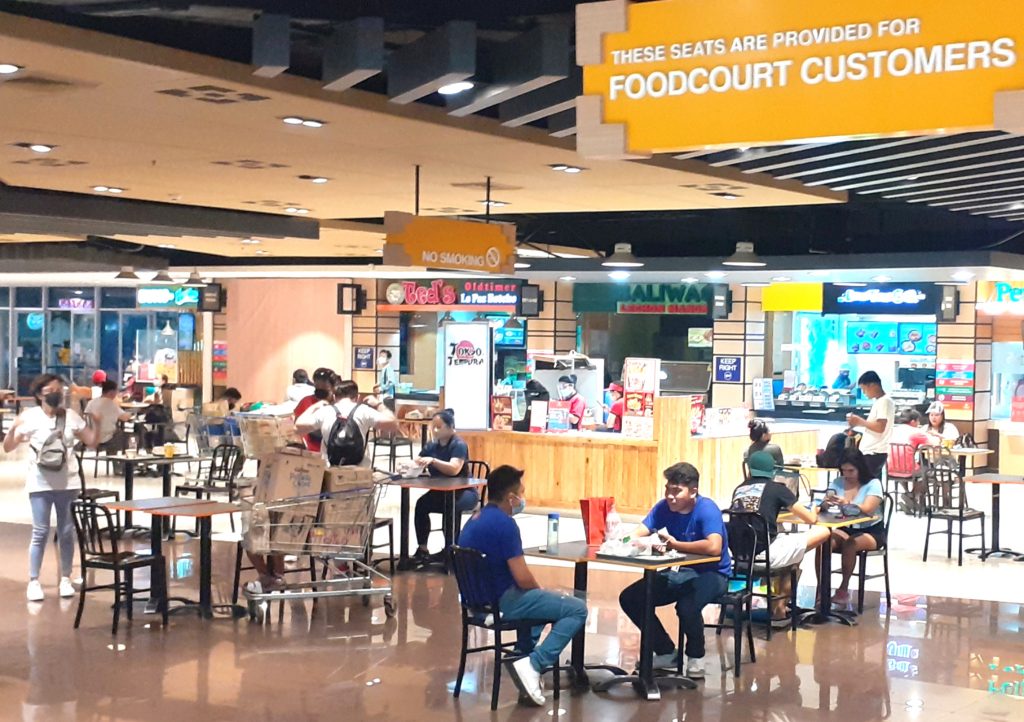News
‘Vaccine passes’ not guarantee vs. Covid-19 transmission

MANILA – A Department of Health (DOH) official on Friday objected to requiring “vaccine passes” to indoor establishments as there is insufficient evidence on whether fully-vaccinated individuals cannot transmit the coronavirus disease 2019 (Covid-19).
In a virtual presser, DOH Undersecretary Maria Rosario Vergiere said the DOH “does not agree” with this measure, noting that initial studies have shown that the currently available Covid-19 vaccines cannot sufficiently block transmission and only provides reduced risk against severe infections and hospitalization.
“Sa ngayon (For now), even if you are fully vaccinated, meaning you have completed two doses, kailangan pa rin natin magpatupad ng minimum health protocols. At itong sinasabing vaccine pass ay hindi pa rin mairerekomenda (we still need to enforce minimum health protocols. And this vaccine pass cannot be recommended),” Vergeire said.
This, after Department of Trade and Industry (DTI) Secretary Ramon Lopez said the vaccine pass system has been discussed with the restaurant sector, with the “timing and protocol” of the system currently being studied.
No more vital signs screening before vaccination
Meanwhile, Vergeire said DOH officials and other experts have agreed to remove vital signs screening from the Covid-19 vaccination process based on the recommendation of the Philippine Society of Hypertension and the Philippine Heart Association.
She said health workers administering the vaccines will only need to monitor people with a history of hypertension or organ damage before vaccination.
“Naglagay din tayo diyan sa guidelines natin that there should be a separate lane para dito sa mga taong gusto nating obserbahan because of their established history ng kanilang mga sakit (We included in our guidelines that there should be a separate lane for people who we want to monitor because of their established disease history),” Vergeire said.
She said vital signs screening is causing long queues in vaccination centers, especially with many individuals deciding to get vaccinated with no prior appointment due to increased vaccine confidence.
“Nakita natin yung pagtaas talaga ng kumpiyansa ng ating mga kababayan noong nakita nilang marami na rin nababakunahan (We can observe an increase in confidence of our citizens when they saw how many are getting vaccinated),” Vergeire said.
Based on a DOH survey conducted from March 19 to 30, she said 75 percent of respondents voiced their willingness to get vaccinated if a vaccine is available while 85.5 percent would do the same if they are informed of the safety and effectiveness of vaccines.
This, compared to 60 percent willingness to get vaccinated before the DOH’s vaccination campaign.





















